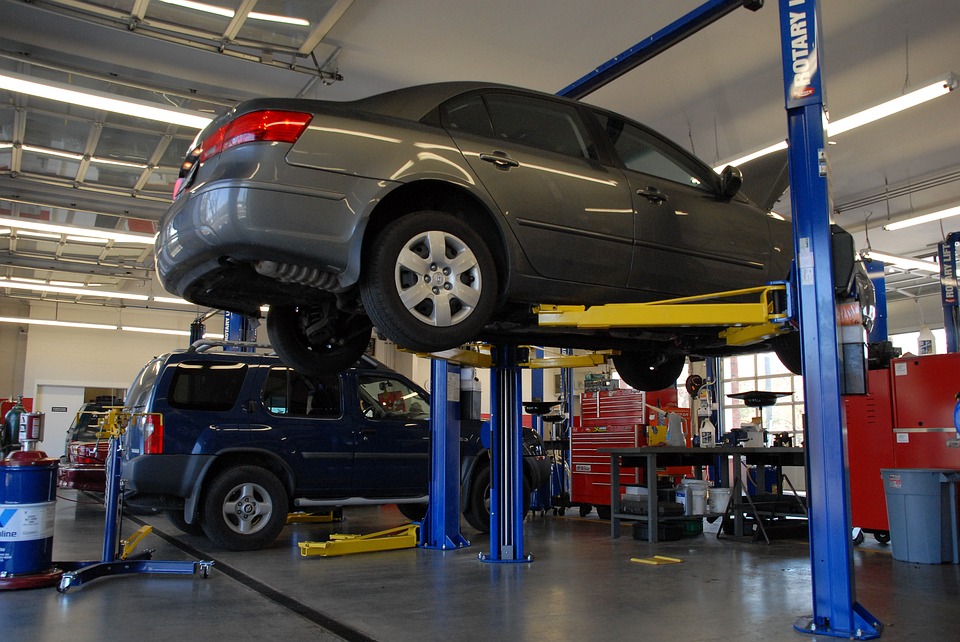
A new vehicle’s value depreciates as soon as it is driven off the dealership’s lot. In fact, as soon as you drive it on the road, it is already considered a “used” car. Even brand new vehicles when used as demo cars are no longer considered new. However, there are ways to maintain the value of your family vehicle so it holds the most value over the years that you own it.
There are also financial and resale reasons to ensure the value of your vehicle. Resale and collateral for a loan.
Taking Out a Loan Against the Value of Your Vehicle
At some point, your family may have an emergency and need to secure a short-term loan for financial reasons. If you’re close to paying off your vehicle, or it has already been paid off and holds its book value, there are car title loans to help through the financial crisis.
Maintaining a High Resale Value
No vehicle will ever sell for what you paid for it, unless you’re selling a mint condition classic or antique vehicle. As such, it’s important to do regular maintenance on your car from the first day you purchase it. This ensures that if you ever decide to sell it or trade it in on a newer car, you will get the most money back on it.
It is not difficult to keep your car maintained, however, if this is your family’s primary vehicle and you have small children, there are some important considerations to keeping your car in check.
Interior Maintenance
When you go to trade in your car or use it against a loan, the vehicle’s interior plays as much importance as the outside and under the hood. In fact, some buyers may not worry as much about a torn hose as they are about stains or tears on the car seats or carpets. A hose is easier to replace than a vehicle’s interior.
- Seat covers: If you have kids who like to eat and drink in the car, which is normal, the best idea is to buy seat covers and car mats for your car. The covers and mats can be taken out to wash and dry and they’ll protect against stains and other damage. When you’re ready to sell your car or have it evaluated for collateral against a loan, simply remove the covers and mats and your vehicle’s interior will look showroom new.
- Smoking: If you’re a smoker, now is the time to quit smoking inside of your vehicle. It doesn’t matter how many windows you have down, the residue will seep inside of the car’s interior and you may never get rid of the smell even with professional detailing. In addition, never let any passengers smoke inside of your vehicle either and try not to smoke right before getting into your car. The smoke will cling to your clothing and transfer to the interior of your vehicle.
- Trash removal: Never let trash pile up in your car. Dispose of it daily so it takes less time when you do your weekly cleaning. An alternative is to keep a bag inside your car specifically for tossing out any trash you generate during the week.
- Weekly cleaning: Set aside one morning a week to thoroughly clean the inside and outside of your car. Beyond vacuuming, wipe down the interior including the dashboard, steering column and seat belts, and clean the windows. When you wash the car, be sure to get up under the wheel wells and clean the wheels.
- Car Wax: If you use a good wax, you should only need to wax your car two or three times per year. For older vehicles, you may want to give the car a double wax before winter to protect it against the salt and sand during the snow season. For hotter climates, wax protects sun damage.
Maintaining the Mechanicals
For new car purchases, do not ignore the maintenance schedule included in the owner’s manual. They are there to help you keep your vehicle running smoothly and avoid possible major repairs down the road.
Aside from annual vehicle inspections, if you live in a state that requires them, you need to keep a check on the following, which could end up damaging the vehicle’s engine or transmission over time:
- Fuel oil: Check with the owner’s manual to see what weight the oil should be during different times of the year. Before you go on any long road trips, be sure the check the oil level. It is critical to maintain the proper levels of fuel oil so you don’t have the expense of replacing your car’s engine.
- Brake fluid: You need your car to stop securely, but if you’re low on brake fluid, you may need to apply more pressure than necessary and the car may not stop.
- Transmission fluid: This is especially essential in automatic transmission vehicles. Not maintaining the proper fluid levels could seriously damage your vehicle’s transmission, which is a repair you do not want to have to make. It can be very costly.
Safety Essentials
To even further protect your vehicle’s value, make sure you’re safe on the road so you can be better protected against accidents. These include proper headlights, turn signals, rear and brake lights and tire pressure. Keeping all of these essentials properly maintained will go far in maintaining the value of your vehicle.
